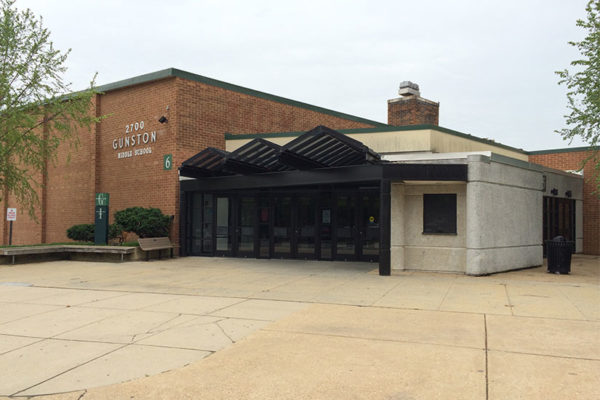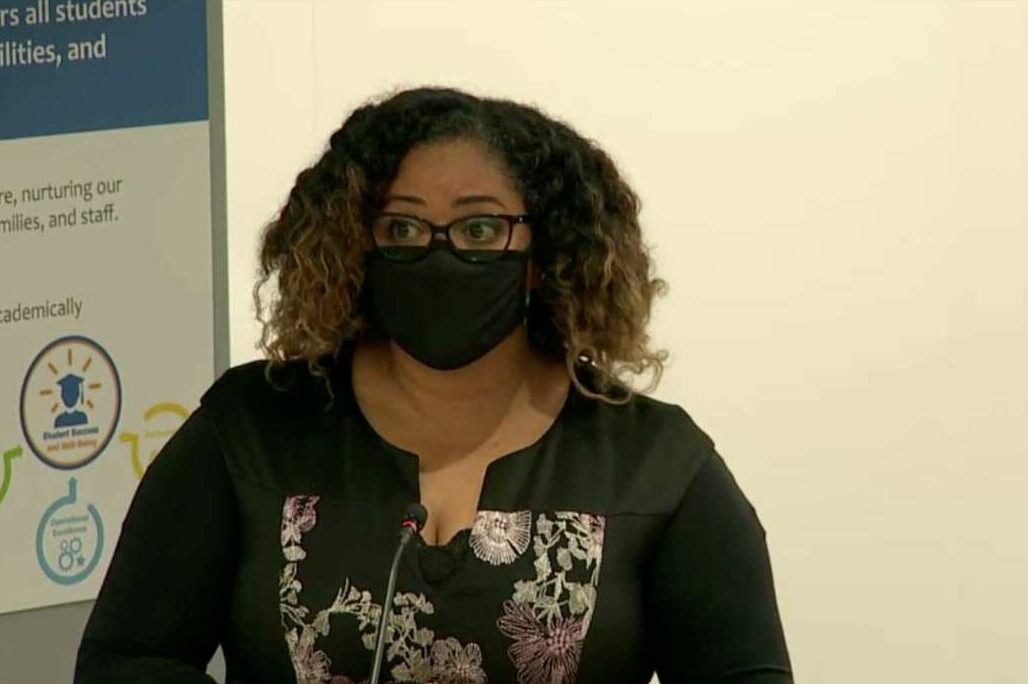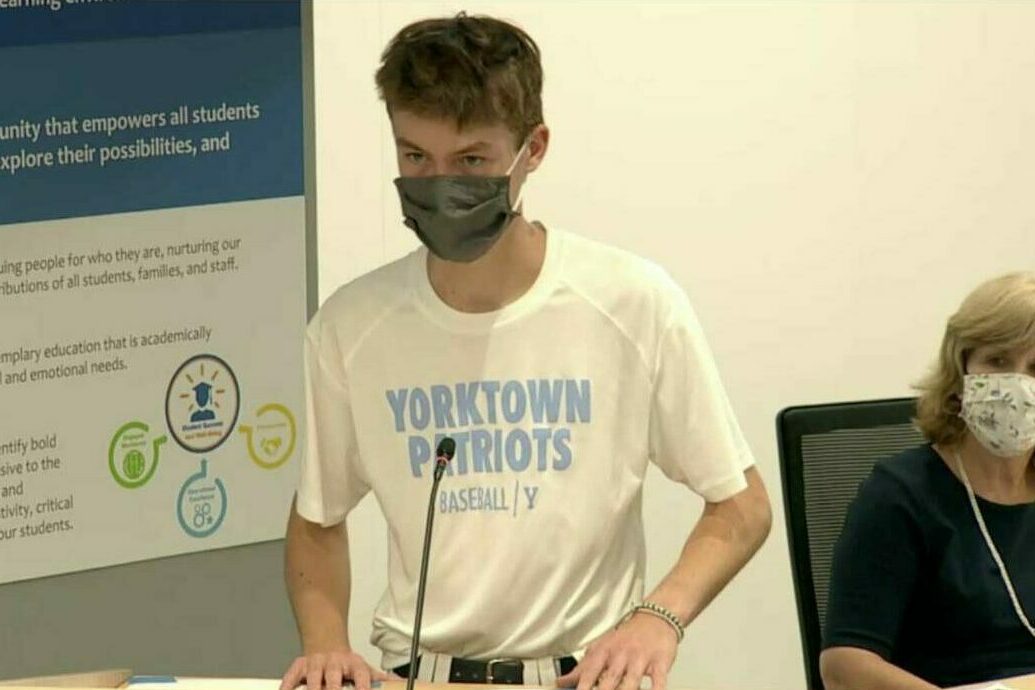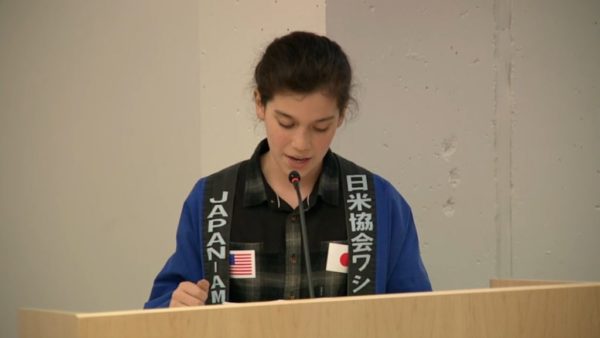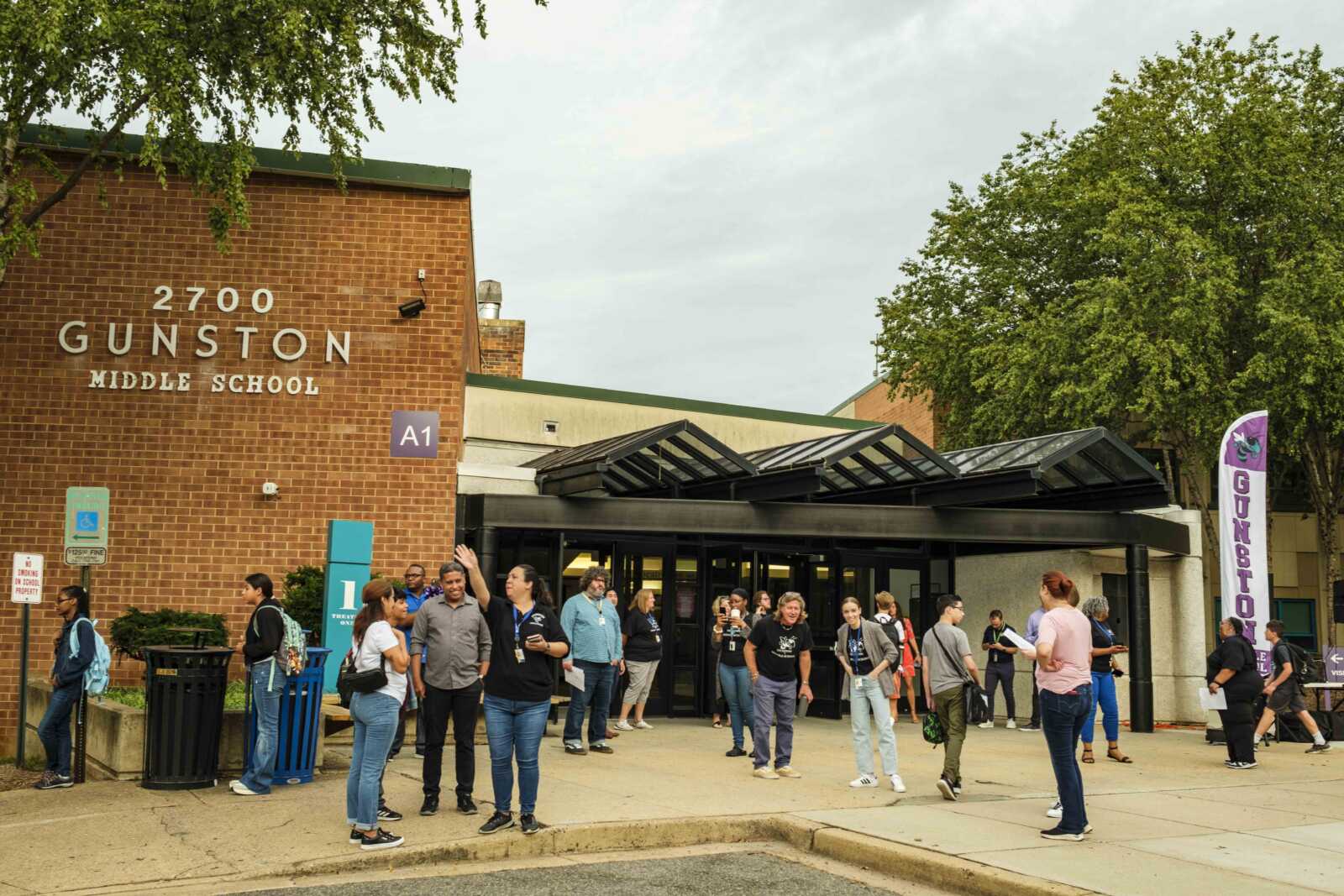
Arlington Public Schools is pausing an impending middle school boundary process, citing stable enrollment this fall.
Earlier this year, APS was bracing for overcrowding at a few middle schools. It proposed busing some students from Dorothy Hamm and Swanson to under-capacity Williamsburg Middle School. It also floated moving the Spanish language immersion program from overcrowded Gunston to Kenmore Middle School.
Now, administrators say enrollment needs are not pressing enough to warrant these changes just yet. The Arlington School Board endorsed a plan Tuesday to postpone the process for one year. The changes would now affect students going into grades 6 and 9 in the fall of 2026.
“As of last week at each middle school, only one school exceeds capacity: Gunston has two students beyond its design capacity,” Dept. of Planning and Evaluation Executive Director Lisa Stengle told the board on Tuesday. “Every middle school fits right now. So the urgency that we had to change middle school boundaries may not be as urgent as it was when we started this process.”
She attributed this to the home address confirmation process this summer, when APS changed how it verifies students living in Arlington and unenrolled non-resident fifth and eighth graders.
While this effort was underway, several families were voicing their opposition to the proposed boundary changes. Most vocal were Hamm families opposed to plans to bus students to Williamsburg, who said their children would forfeit the option to walk to school.
School Board members opined that walkability becomes the sticking point of most boundary processes and these efforts prioritize walkability — above other priorities, such as demographic diversity — as a result.
“The knottiest problem here… is the dichotomy between walkability and demographics because they both can’t be achieved at the same time,” School Board member Reid Goldstein said.
“We’ve heard, in the past, that when staff goes out to the community and talks about potential boundary changes, they hear ‘Well, we like walkability,’ and then we we just lean in the direction of walkability, which of course does not enhance demographics at all,” he continued.
APS may still, one day, move the immersion program from Gunston to Kenmore, in an effort to get more secondary students to stick with the program, says Director of Strategic Planning Iliana Gonzales.
Most immersion students live within the boundaries of Kenmore and Thomas Jefferson middle schools and may discontinue the program because of travel distance to Gunston, she said. Last year, a task force convened to develop a vision for the dual-language immersion program recommended moving the program to a more centrally located middle school — a change afforded by the then-forthcoming boundary process.
But School Board members and administrators are also concerned about where to put the program because it may impact the balance of native English and Spanish speakers. Only about a third of immersion students in elementary and middle school were classified as English learners, according to a 2022 report.


